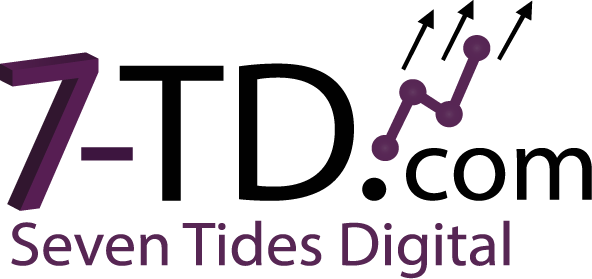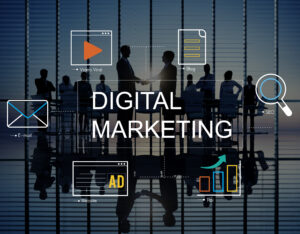Deadlines trigger anxiety in most of us. Whether you are writing a paper for school or you have the weight of an agency to shoulder. Anxiety when it comes to deadlines approach is pretty much the same.
A marketing agency must cater to the needs of multiple clients altogether. There is no room for forgetting a crucial post or a query going unanswered on a client’s Facebook page. A marketing agency gives off the vibes of alert, tech-savvy and dynamic individuals always on their toes to give clients the best of their services.
Does this mean working the weekends to lose a client? Or overworking a small team to deliver what was promised? It doesn’t have to!
Here are a few great tips that will help your digital marketing business thrive and meeting deadlines despite not having the numbers.
Setting SMART goals.
What is a SMART goal exactly? SMART stands for Specific, Measurable, Appropriate, Realistic and Timebound. The SMART strategy requires setting goals that qualify all these checkboxes. As the head of a digital marketing team, it is very important to set goals that make sense, that are realistic and have clear deadlines. A project or a goal that is hazy will cause confusion and indecision among the team members and nothing wastes time like that does.
The goals set for the team and yourself should be appropriately divided into smaller tasks and objectives with an assigned time limit that all lead up to the initial goal(s) being achieved. The tasks or objectives should be attainable. This is decided by the line manager and employee discussing the tasks at hand and determine how long it will take to achieve said tasks most efficiently.
Communication and collaboration
Communicating goals and setting expectations in an organization is often more difficult and challenging than achieving the business goals itself. One main reason for this is incompetent management and conical structures which have become redundant yet plague modern-day organizations with Red Tape-ism and lethargic systems.
Having a modern approach to communication and goal setting in the organization is very important. It is crucial to take into consideration the employee’s ability to work efficiently and the correlation that it has to their decision-making power and agency within the organization. It all comes down to how clearly a goal has been set that both team members and line managers can resonate with and feel a sense of integrity and responsibility towards achieving.
Motivation and workplace culture
Motivation is the secret ingredient to the smooth running of an organization. Employees join an organization with a clean and fresh perspective but over time stress, expectations and work environment dim their enthusiasm. And if you did not know before, the mental health of an employee is directly related to their performance and in turn the organizations’ success. The organization must focus on motivating their employees to get the best performance out of them and this can be done in a few simple ways.
Firstly, a growth mindset is crucial. A modern organization does not structure on the assumption that employees’ growth and development is their own responsibility. The modern organization recognizes the merits of employee retention and the benefits of having a workforce that understands the nature of work and has the experience that allows them to perform effectively.
Aside from employee development, leading by example is a great way to motivate your digital marketing team. Employees absorb the workplace culture and of slacking, arriving late, and blaming others is the culture that they are given, you can expect them to behave the same. If taking responsibility, dedication towards work and a result-oriented mindset is given to them, that is what they will embody.







